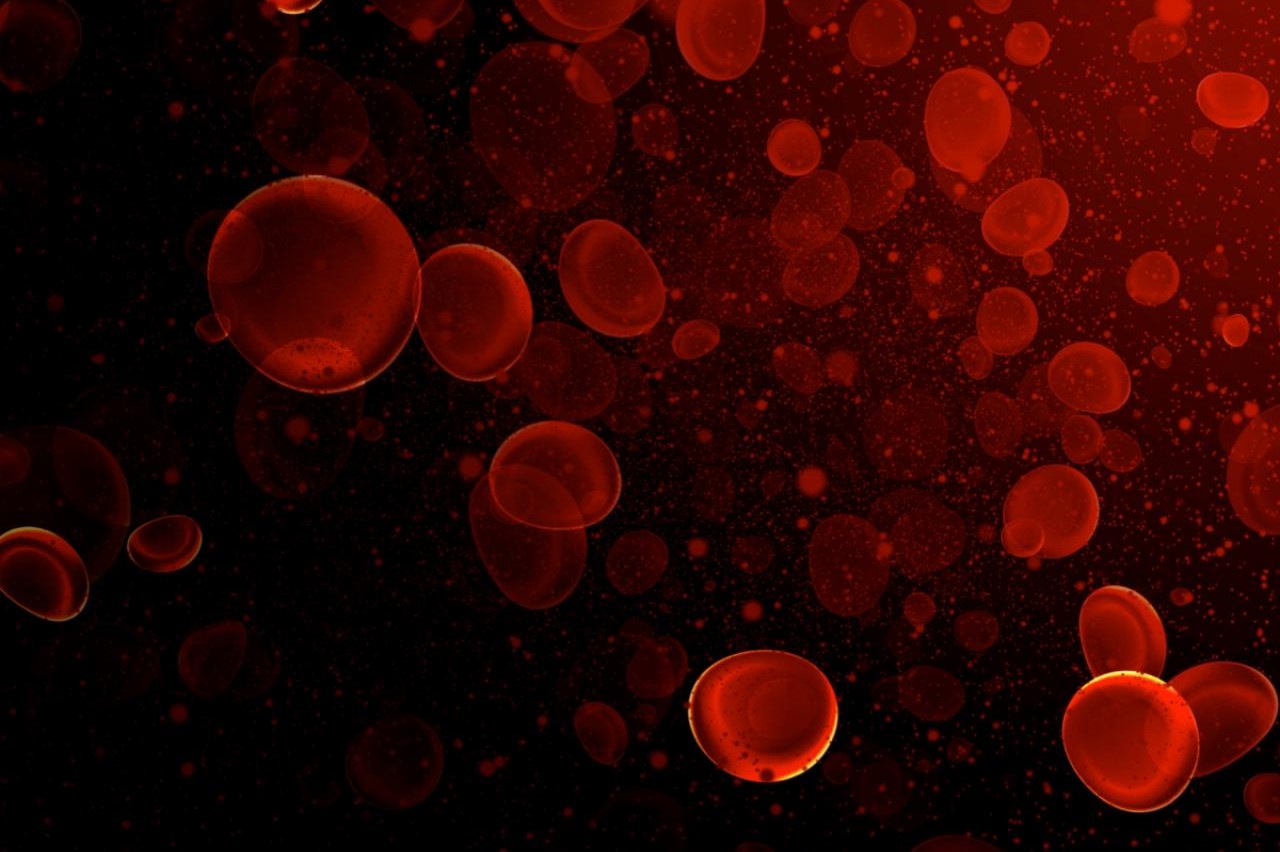
Rh Negative blood type is one of the most intriguing and rare blood types in the world. Only about 15% of the global population has this blood type, making it a subject of much curiosity and speculation. What makes Rh Negative blood so special? Some believe it has unique health benefits, while others think it might be linked to ancient ancestry or even extraterrestrial origins. This blog post will dive into 40 fascinating facts about Rh Negative blood, shedding light on its mysteries and uncovering what sets it apart from other blood types. Whether you’re Rh Negative yourself or just curious, you’ll find plenty of interesting tidbits here.
What is Rh Negative Blood Type?
Rh negative blood type is a rare and fascinating subject. It has unique characteristics that set it apart from other blood types. Here are some intriguing facts about Rh negative blood.
- Rh negative blood lacks the Rh factor protein found on the surface of red blood cells. This absence makes it different from Rh positive blood.
- Only about 15% of the world’s population has Rh negative blood. This rarity adds to its mystique.
- Rh negative blood can be further classified into A-, B-, AB-, and O-. Each subtype has its own unique properties.
- People with Rh negative blood can donate to both Rh negative and Rh positive recipients. This makes them universal donors for Rh factor.
Historical and Genetic Aspects
The origins and genetics of Rh negative blood are subjects of much speculation and research. Here are some facts that delve into its history and genetic makeup.
- The Rh factor was discovered in 1940 by Karl Landsteiner and Alexander Wiener. They named it after the Rhesus monkey used in their experiments.
- Rh negative blood is believed to have originated in Europe. It is most commonly found among people of Basque descent.
- The Rh negative gene is recessive. Both parents must carry the gene for a child to be Rh negative.
- Some theories suggest that Rh negative blood may have extraterrestrial origins. This idea, though controversial, adds to the intrigue.
Health Implications
Rh negative blood can have significant health implications, especially during pregnancy. Here are some important facts to consider.
- Rh negative mothers can develop antibodies against an Rh positive fetus. This condition, known as Rh incompatibility, can lead to complications.
- Rh incompatibility can cause hemolytic disease of the newborn (HDN). This condition can be severe and requires medical intervention.
- Rh negative individuals may have a higher risk of certain autoimmune diseases. Research is ongoing to understand this connection.
- Blood transfusions for Rh negative patients must be carefully matched. Receiving Rh positive blood can trigger an immune response.
Cultural and Mystical Beliefs
Rh negative blood has inspired various cultural and mystical beliefs. These ideas, while not scientifically proven, add to its allure.
- Some cultures believe that Rh negative individuals possess unique psychic abilities. This belief is rooted in ancient traditions.
- Rh negative blood is often associated with the “blue blood” of European royalty. This term refers to noble lineage and purity.
- Certain conspiracy theories link Rh negative blood to ancient civilizations like Atlantis. These theories are speculative but captivating.
- Some people with Rh negative blood report feeling different or special. This sense of uniqueness is often embraced by those who have it.
Famous Individuals with Rh Negative Blood
Many well-known figures throughout history are believed to have had Rh negative blood. Here are a few notable examples.
- Queen Elizabeth II is rumored to have Rh negative blood. This connection adds to the mystique of the British royal family.
- Former U.S. President John F. Kennedy was Rh negative. His charisma and leadership qualities are often highlighted.
- Marilyn Monroe, the iconic actress, is also believed to have had Rh negative blood. Her allure and mystery continue to captivate.
- Leonardo da Vinci, the Renaissance genius, is speculated to have been Rh negative. His extraordinary talents are legendary.
Scientific Research and Discoveries
Ongoing scientific research continues to uncover new information about Rh negative blood. Here are some recent findings and discoveries.
- Researchers are studying the genetic mutations responsible for Rh negative blood. Understanding these mutations could lead to medical advancements.
- Studies have shown that Rh negative blood may offer some resistance to certain infections. This potential benefit is being explored.
- Scientists are investigating the link between Rh negative blood and cognitive abilities. Preliminary findings suggest a possible connection.
- Advances in prenatal care have improved outcomes for Rh negative pregnancies. Early detection and treatment are key.
Rh Negative Blood in Modern Medicine
Modern medicine has made significant strides in understanding and managing Rh negative blood. Here are some important medical facts.
- Rh immunoglobulin (RhIg) is used to prevent Rh incompatibility in pregnant women. This treatment has greatly reduced the incidence of HDN.
- Blood banks maintain a supply of Rh negative blood for emergencies. This ensures that Rh negative patients receive compatible transfusions.
- Organ transplants involving Rh negative donors and recipients require careful matching. This reduces the risk of rejection.
- Rh negative blood is often used in research studies. Its unique properties provide valuable insights into human biology.
Rh Negative Blood and Evolution
The evolution of Rh negative blood is a topic of scientific curiosity. Here are some evolutionary facts to consider.
- The Rh negative trait may have provided an advantage in certain environments. This could explain its persistence in the gene pool.
- Some researchers believe that Rh negative blood may have evolved as a response to specific diseases. This hypothesis is still under investigation.
- The distribution of Rh negative blood varies by region. This variation offers clues about human migration patterns.
- The study of Rh negative blood contributes to our understanding of human evolution. It sheds light on the complex history of our species.
Rh Negative Blood in Popular Culture
Rh negative blood has made its way into popular culture, inspiring various works of fiction and media. Here are some examples.
- The concept of Rh negative blood has been featured in science fiction novels. Authors often use it to explore themes of identity and difference.
- Movies and TV shows have incorporated Rh negative blood into their plots. This adds an element of intrigue and mystery.
- Some video games include characters with Rh negative blood. This detail enhances the storyline and character development.
- Rh negative blood is a popular topic in online forums and communities. People share their experiences and theories, fostering a sense of connection.
Rh Negative Blood and Personal Identity
For many individuals, having Rh negative blood is an important part of their personal identity. Here are some personal perspectives.
- Some people with Rh negative blood feel a strong sense of community. They connect with others who share their blood type.
- Rh negative individuals often take pride in their unique blood type. This pride can be a source of empowerment.
- Awareness of Rh negative blood can lead to better health outcomes. Knowledge about one’s blood type is crucial for medical care.
- The rarity of Rh negative blood makes it a topic of fascination. This fascination continues to inspire curiosity and research.
The Mysteries of Rh Negative Blood
Rh negative blood type remains one of the most intriguing subjects in medical science. From its unique genetic origins to the various myths surrounding it, there’s no shortage of fascinating details. People with Rh negative blood often wonder about their ancestry, health implications, and even potential connections to ancient civilizations. While science has answered many questions, some mysteries still linger.
Understanding Rh negative blood can help in medical situations, especially during pregnancy, where Rh incompatibility can pose risks. It’s also a reminder of how diverse and complex human biology is. Whether you’re Rh negative or just curious, knowing these facts can broaden your perspective on genetics and health.
So, next time you hear someone mention Rh negative blood, you’ll have a treasure trove of facts to share. Keep exploring and stay curious!
Was this page helpful?
Our commitment to delivering trustworthy and engaging content is at the heart of what we do. Each fact on our site is contributed by real users like you, bringing a wealth of diverse insights and information. To ensure the highest standards of accuracy and reliability, our dedicated editors meticulously review each submission. This process guarantees that the facts we share are not only fascinating but also credible. Trust in our commitment to quality and authenticity as you explore and learn with us.


